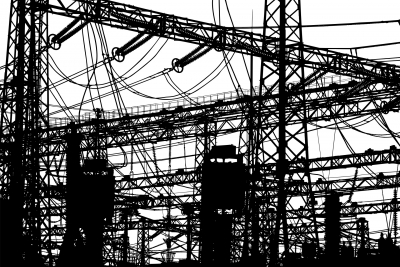Kolkata, Dec 1 : At a time when Kolkata has been branded as world’s second most-polluted city according to a recent report of HEI SoGA, a report from Centre for Research on Energy and Clean Air (CREA) has highlighted the pathetic progress made by the coal-based thermal power plants in West Bengal in implementing the standard emission standards.
According to the CREA report, a copy of which is available with IANS, although in December 2015, the emission standards for coal-based power plants were notified for the first time to limit emissions of sulphur dioxide, nitrogen oxides and mercury, along with tightening particulate matter emissions standards and setting water consumption limits, the progress of such plants in West Bengal on this count has been pathetic.
As per the report, while 40 per cent of coal-based power generation capacity has not yet awarded the bids for flue gas desulphurization (FGD) plants till date, the remaining 60 per cent have not been able to complete the pollution reduction technology installation within the allotted time frames, which had already been extended three times over the previous seven years.
The CREA report has also pointed out that as the state’s reliance on dirty coal energy has continued, the phenomenon has pushed the population of the state towards severe health hazards.
“Air pollution from coal-fired power plants not only impacts people in its immediate vicinity but travels long distances, and the concentration levels puts everyone at risk, especially vulnerable citizens such as children, the elderly and pregnant women,” the report has read.
The report has also pointed out that there is a scope for reducing sulphur dioxide emission by up to 86 per cent at some coal-based power plant units, which actually highlights the urgency and seriousness of installing sulphur dioxide emission control devices at these generating stations.
The report has also pointed out that the worst performers on this count are the private power sector facilities, as not a single one of them have even awarded the bids for flue gas desulphurization (FGD) plants till date even after seven years of emission norms being in force.
“While there is lack of seriousness on controlling pollution at source from electricity generation stations in West Bengal by all, state, Centre and private entities, the coal consumption is increasing for grid-connected power generation units, indicating increasing emission load and contribution to air pollution from the power sector.The coal consumption for grid-connected power generation in West Bengal has increased from 44 MT in 2015 to 54 MT in 2021,” Sunil Dahiya, an analyst at CREA and the author of the report said.
src/uk/
#Bengal #CREA #Sunil #West Bengal #Kolkata #Kolkata







